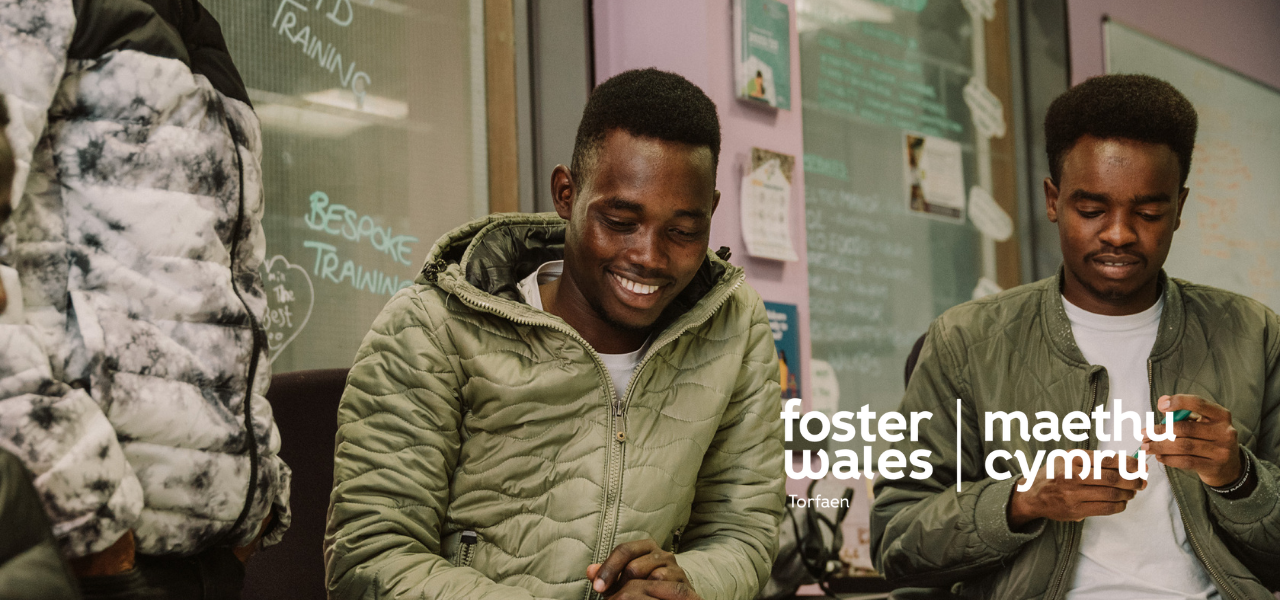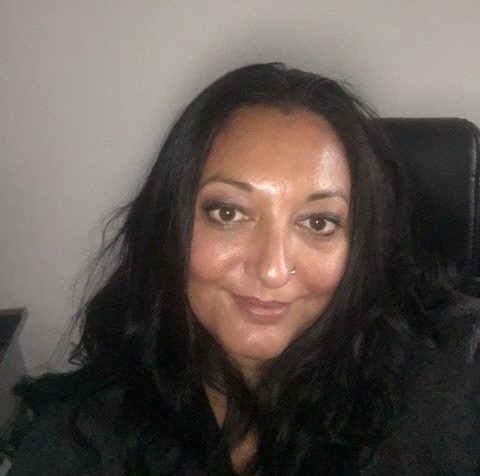
An interview with Nina Kemp-Jones on the need for a more diverse fostering community
Nina is a qualified social worker and currently the Regional Development Manager for Foster Wales in Gwent. Coming from a Black and Minority Ethnic (BAME) background herself, Nina’s life changed when she was fostered as a baby and then later had a transracial adoption. This experience played a key role in her later life decisions and Nina is keen for more people from a diverse background to consider fostering.

“I’ve been a qualified social worker for more than 20 years,” she said. “I’ve always worked in children’s services and I think subconsciously this has been driven by my own life experiences. My relationship with my foster carer and adoptive parents has been a big influence and inspired me.”
So Foster Wales Torfaen wanted to talk to Nina about why there is a need to recruit more foster carers from diverse backgrounds?
Why do we need a more diverse fostering workforce?
Foster care, by nature, can be culturally diverse. Children are placed in homes, where expectations and communication styles can be very different than what they are used to. No matter how welcoming their foster carers are, children looked after have to adjust to many differences during a time of both emotional and physical transition.
Nina states “We need to be able to match children looked after with foster carers who best meet their needs and this includes cultural, linguistic, religious and ethnicity needs.
Children and young people looked after will have experienced different forms of trauma and loss. In today’s world we also need to understand that some children needing care will have experienced the trauma of war.
How can local authority fostering services do to promote recruitment of more Black and Minority Ethnics foster carers?
It is imperative that services provide support to ensure that children from different ethnic backgrounds are receiving care that fully respects their culture, beliefs and identity.”
Nina explained that the fostering services need to be “inclusive and easy to navigate for foster parents from a range of backgrounds with staff who are culturally sensitive”, and that we also need to “develop more mutual understanding and increase support for carers who provide cross-cultural placements.
How can we provide a more diverse fostering community?
There is a need to build trust within different ethnic communities by providing information such as why there is a need for foster care and state intervention, as well as addressing any specific concerns, which will hopefully seek to remove any barriers for prospective foster carers within these communities.”
Nina Kemp-Jones, the Regional Development Manager for Foster Wales in Gwent discussed the need for a more diverse fostering community

